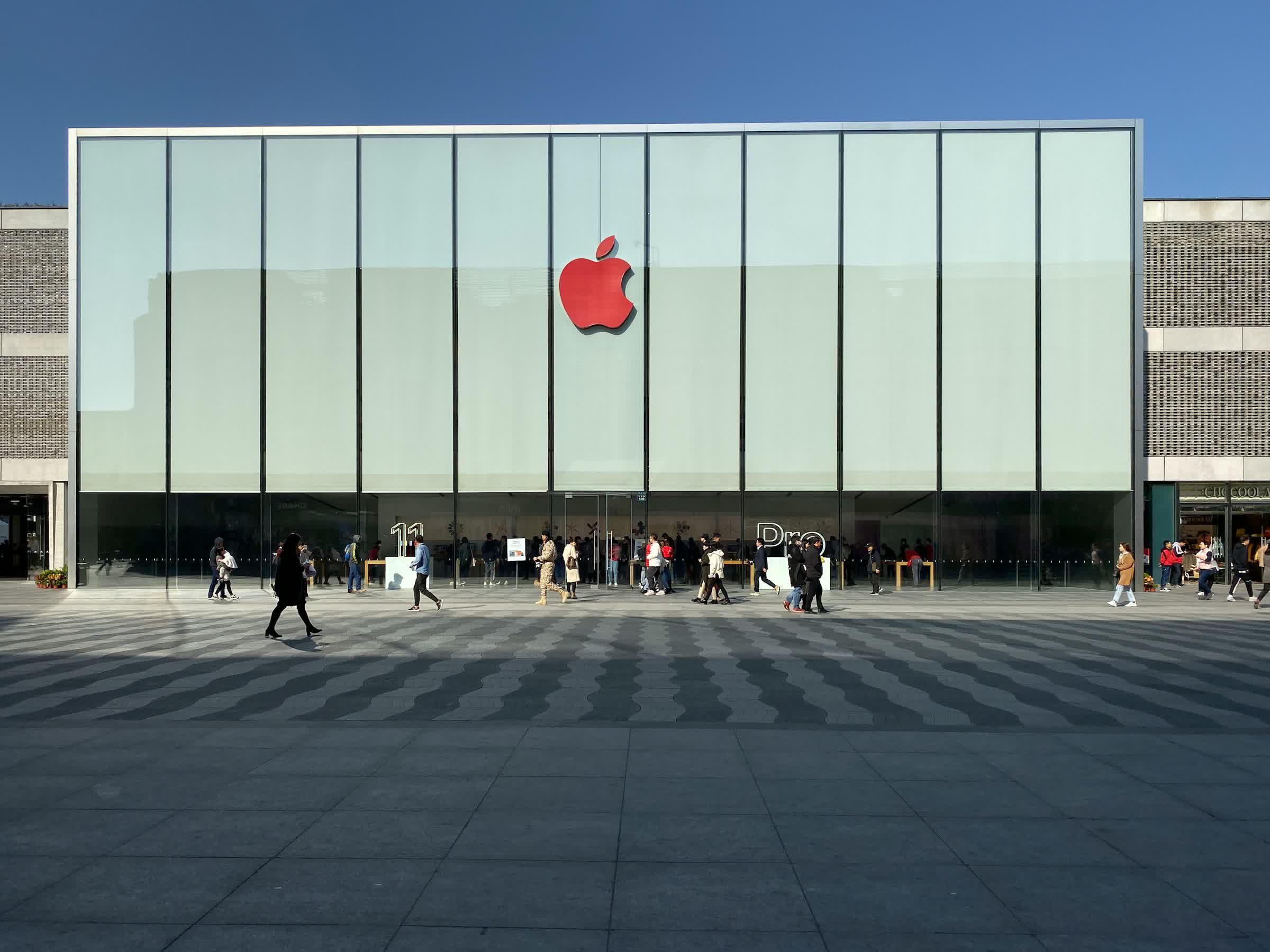A hot potato: Apple doesn't appear to be in a rush to move out of China, despite Donald Trump's repeated threats about what will happen if it doesn't shift iPhone manufacturing to the US. White House trade advisor Peter Navarro publicly complained about the situation this week, calling it "the longest-running soap opera in Silicon Valley."
"Going back to the first Trump term, Tim Cook has continually asked for more time in order to move his factories out of China," Navarro said during an interview on CNBC's Squawk on the Street.
"And my problem with Tim Cook is he never takes the steps to actually do that."
The trade advisor said that with new advanced manufacturing techniques and "the way things are moving with AI and things like that," it's "inconceivable" that Apple cannot produce iPhones outside of China and in the US.
Since taking office for a second time, Trump has put more pressure on Apple to embrace domestic production.
While Apple has moved some iPhone production out of China, it has shifted the process to India instead, mostly to avoid the Trump tariffs. As such, there have been more US-bound iPhone shipments originating from India than China in the last few months. It was also reported that Apple was preparing to move all assembly of iPhones destined for the US market from China to India by the end of 2026.
But the President wants iPhone production in the US, not India, and he said so in May. Trump appeared to have run out of patience a few days later when he gave Apple an ultimatum: build iPhones in Apple's home country or pay a tariff of at least 25% on its handsets made outside of the US.
Related reading: Trump's dream of a US-made iPhone clashes with Apple's manufacturing reality
Apple said in February that it would invest $500 billion in US manufacturing, including building a new advanced manufacturing facility in Houston that will produce servers previously produced outside of the US.
A 100% US-made iPhone, however, is a much more difficult – if not impossible – task. The latest iPhones consist of around 2,700 different parts, and Apple uses 187 suppliers in 28 countries. China makes most of these components – only 30 Apple suppliers operate entirely outside of the Asian nation.
When it comes to assembly, Apple ships the equivalent of 438 iPhones every minute. 85% of these are assembled by Foxconn, which has dozens of locations in China.
In April, US secretary of commerce Howard Lutnick said that the "army of millions and millions of people screwing in little, little screws to make iPhones, that kind of thing is going to come to America." How many Americans would want to take sweatshop-style manufacturing jobs that can be hard, monotonous, and depressing is another question.
Lutnick: "The army of millions and millions of human beings screwing in little screws to make iPhones – that kind of thing is going to come to America."
– Aaron Rupar (@atrupar.com) 6 April 2025 at 15:52
[image or embed]
The last in what is a long list of problems is how much a US-made iPhone would cost consumers. The extra manufacturing and labor costs could push it as high as $3,500, according to some estimates.
Some believe Apple's compromise would be to limit US iPhone manufacturing to the final assembly process, but building an assembly factory and hiring skilled workers would take years and might still not appease Trump.
image credit: Yue Iris
